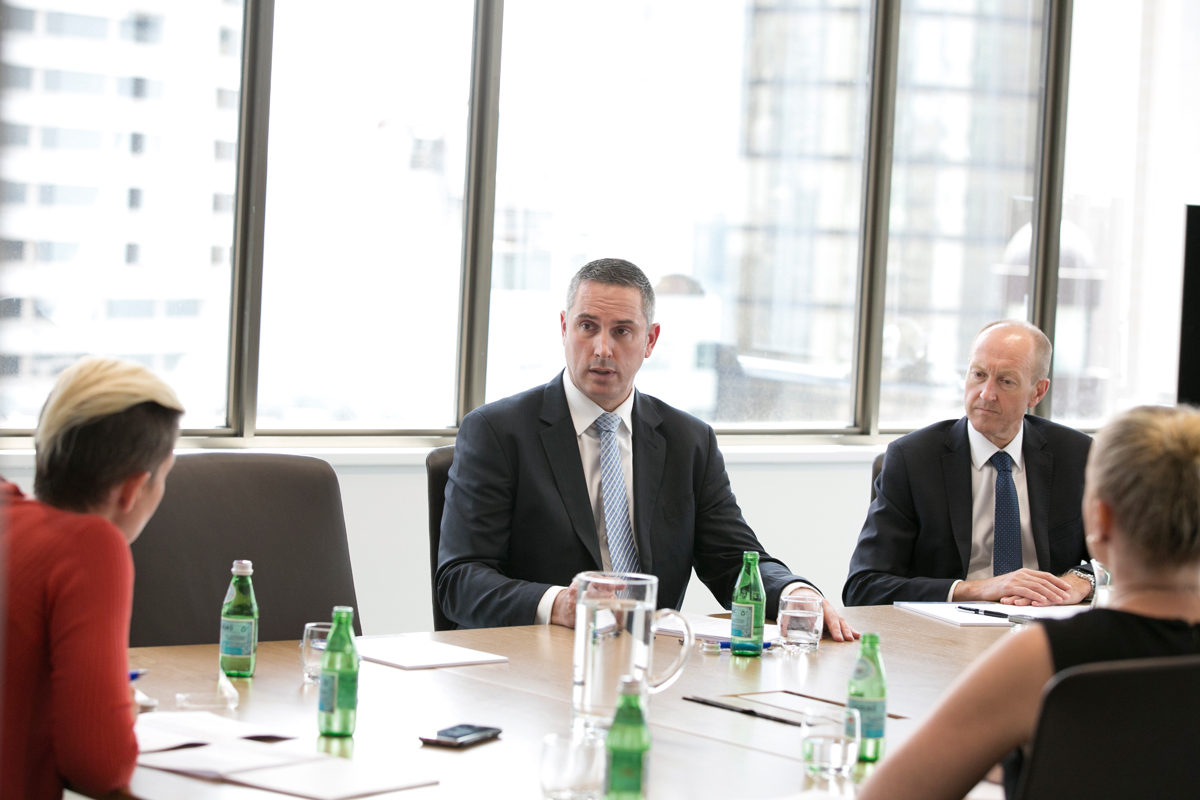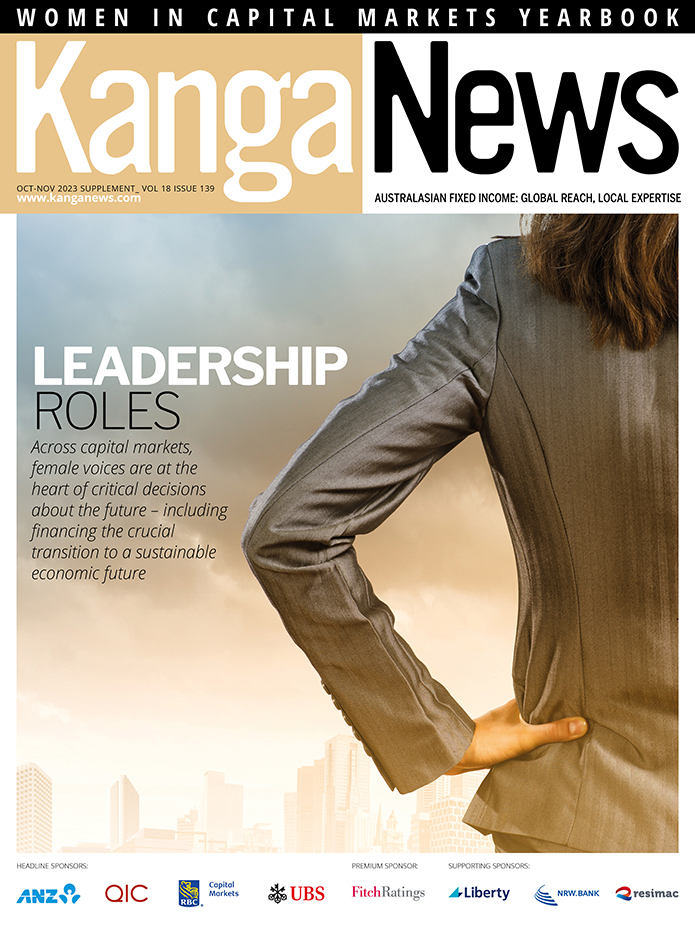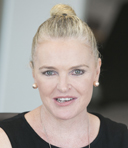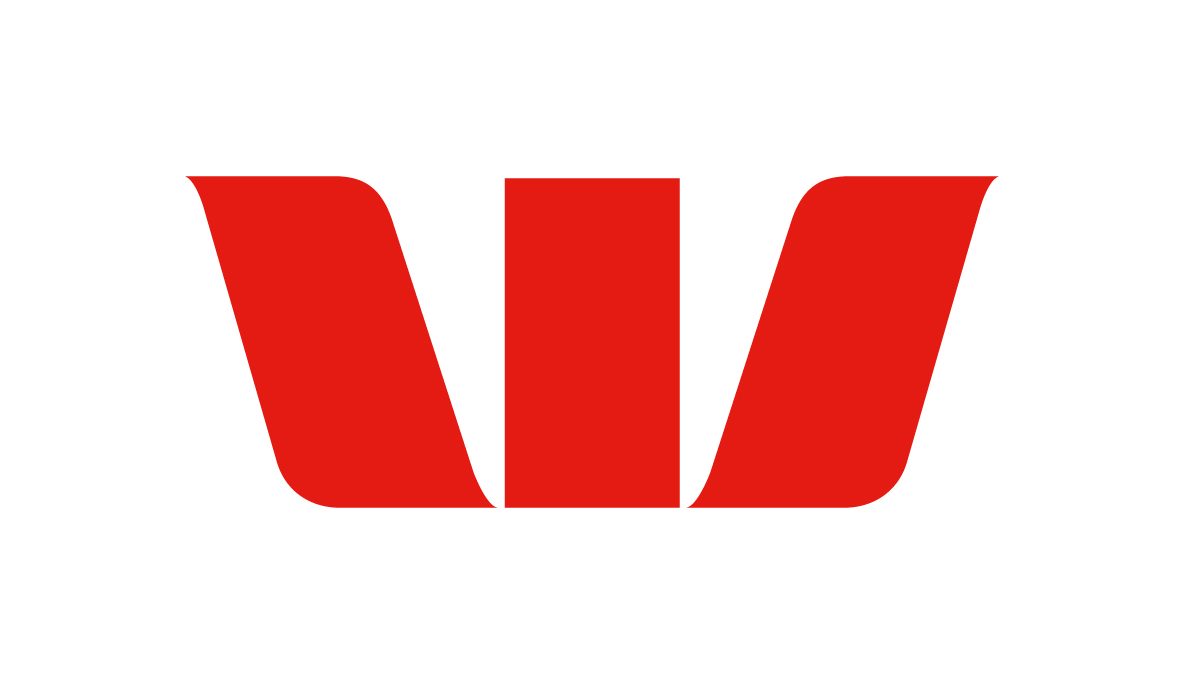
Valuing competition in Australia's trustee sector
In early February, KangaNews facilitated a roundtable discussion in Sydney with Australian Executor Trustees (AET), Equity Trustees and Eticore. Coinciding with publication of the draft report of the Australian government’s review of competition in the financial system, participants reflect on the state of play in Australia’s corporate-trust sector.

STATE OF THE MARKET
Craig This roundtable has been convened to highlight the view that there is value in having multiple trustee firms in a market like Australia – even if there is a trusted operator at the top of the market. This is obviously the view of trustee firms – but why?
Therefore, our role is to raise the awareness and visibility of the full range of corporate-trust providers in Australia, as well as to demonstrate that we can provide a full and equivalent, if not superior, range of services.
Craig The four major nonbank lenders made a joint submission to Treasury last year to address proposals to give what they believe is unnecessary oversight to the local regulator. With a focus already on competition in financial services, is there a similar responsibility here for the trustees?
Having said this, I think it is incumbent on corporate trustees to take active steps, one of which we’re doing now, to encourage participants to bear in mind the concerns associated with having one very dominant entity.
While we can’t – and don’t – point the finger in any single direction, the point remains that the monopolistic backdrop we now have is a threat to the stability of the financial system in Australia.
We should emphasise our expertise, specialities and experience. We understand the market, and therefore we should be the viable competition. If we don’t, I am concerned that a provider without the same level of expertise or experience will enter the market and provide an inferior service.
Craig There is a changing landscape in the corporate-trust market here in Australia. Can the trustees explain what has occurred?
Trustees Spotlight
The trustee sector as a whole offers a range of services, but each participant firm has its own specialities.
SMITH Eticore offers all the standard services expected of a wholesale corporate trustee – corporate and security trust, agency, and trust accounting and management. We also offer some nonstandard services, such as converting client data into the required Reserve Bank of Australia reporting format, analytical modelling and back-up servicing.
Like all the trustees around this table, our main obligation is to provide a fiduciary duty to our clients. But Eticore differentiates itself through what we consider to be an exceptional service mindset and delivery model. Often a service provider will make an approach to a new client with a suite of services they are prepared to offer.
Our approach is to talk with clients to find out the strategic position and direction of their business and thus provide a tailored – rather than a standard – solution for each.
The Eticore team is hand-picked as a group of technically knowledgeable, experienced fiduciary professionals who believe not only in performing our duties but in making it as timely, simple and straightforward as possible for the client.
In the case of the trustee market, I am somewhat surprised that regulators and rating agencies aren’t more concerned about the concentration risk to the entire Australian capital market of having one player with such a significant market share.
But I think it’s important to point out that this is quite different from the Productivity Commission’s current concerns around competition between players in the marketplace and market share.
The ASF had 114 members at the beginning of 2018, which was an increase of 15 members last year alone. The Australian securitisation market had more than A$40 billion (US$31.1 billion) of issuance during 2017, which is the fifth-highest volume year since the inception of our industry 25 years ago. It is very pleasing to see that the industry is in such a healthy shape, and continued growth is certainly something the ASF encourages.
A larger market means there is clearly capacity to support more competition in the trustee space, and my view is that increased competition is always healthy. It is interesting to note that many offshore jurisdictions have more players in the trustee space.

Craig Did market entrants develop value propositions and services specifically in response to the issues you’ve identified?
An overarching comment we receive from stakeholders is how important it is for trustees to have competent, experienced staff who are flexible, responsive and expert. This is often a more important consideration than fees. In other words, what they derive as value is more significant than physical cost.
Here we have a solid advantage, particularly with clients in the fintech space that are focused on tech-savvy, efficient, data-secure solutions to deliver the services they require.

EDUCATION REQUIRED
Craig Even if the market is calling for a more competitive corporate-trust sector in Australia, how easy is it for clients to change service providers?
Mythbusting
The extent of the myths that require further clarification in relation to the trustee environment suggests that the up-and-comers have more work to do.
SMITH It is a myth that trustees are required to hold multiples of tens or even hundreds of what the regulator requires a trustee to hold in capital. Given limitation-of-liability and professional-indemnity insurance this is completely unnecessary. To the best of my knowledge there has never been a situation where a trustee’s own balance sheet was called upon.
GOUMENIS This is correct. Limitation-of-liability clauses are very carefully crafted so they only come into play in extremely rare circumstances. Fraud is the only example that springs to mind immediately.
I have never seen anyone try to prosecute a trustee in a transaction because of the limitation-of-liability clause.
HOWARD It is professional indemnity (PI) that a client relies on in this type of circumstance. I don’t know of any trustee companies that have had to pay out from their own balance sheet.
Craig Where is the best place for trustees to start when it comes to winning business?
We have been talking to people about this for many years. It isn’t difficult to get the first foot in the door. We’ve had any number of meetings and participants agree that there is a market for alternatives. But the further through the process we go the more stumbling blocks there are: difficulties with convincing the credit or risk team, or concern that a rating agency will view a different trustee as a negative. At this point it tends to end up in the too-hard basket. This is a significant hurdle we need to try to overcome – and constantly chipping away is part of the solution.
Issuers are less likely to run the risk of their transactions being slowed down if they stay with the status quo. To appoint someone new very much requires them to make a bold decision.
Craig In order to complete a debt capital-markets transaction the services of more than one law firm are necessary. What’s the situation in the trustee space?
Having said this, we are starting to receive some enquiries from potential clients for us to fill part, rather than all, of their trustee needs. Some issuers are also considering moving just the security-trustee position, particularly if the trustee role can be carried in-house.
THE OPPORTUNITY SET
Craig Apart from the competitive landscape, is there anything else that participants observe in trustee-market operations in offshore jurisdictions they feel would be desirable additions to the Australian landscape?
This is another feature that is completely absent from the Australian trustee landscape because the one offshore bank
Craig Is a more competitive trustee landscape even more important in the context of the resumed market volatility we have seen since February?

WOMEN IN CAPITAL MARKETS Yearbook 2023
KangaNews's annual yearbook amplifying female voices in the Australian capital market.









